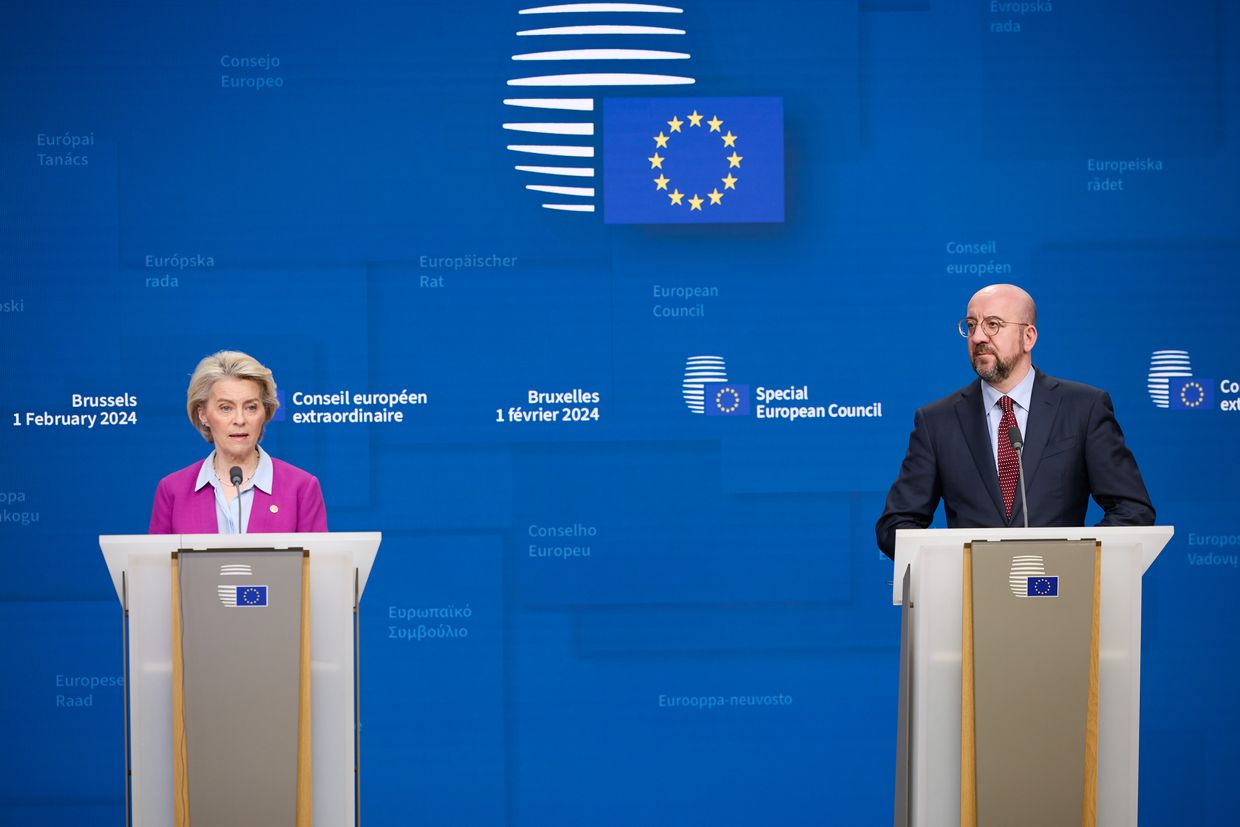ISW: Turkish banks close Russian accounts due to sanctions threat

Some Turkish banks are reportedly closing accounts associated with Russian businesses for fear of triggering secondary sanctions from the U.S., the Institute for the Study of War (ISW) reported Feb. 1, citing the Russian state-controlled newspaper Vedomosti.
Secondary sanctions target entities that indirectly support a sanctioned country. U.S. President Joe Biden signed an executive order on Dec. 22, 2023 sanctioning foreign financial institutions that contribute to Russia's war effort.
Unnamed Russian business and financial representatives told Vedomosti that banks in Turkey were closing a number of Russian corporate accounts and ending relationships with clients who switched to Turkish banks after the full-scale invasion of February 2022.
The sources said that Turkish financial institutions took these measures in response to the threat of U.S. sanctions.
Kremlin spokesperson Dmitry Peskov said on Feb. 1 that Turkish banks were closing Russian accounts due to "unconcealed and aggressive U.S. pressure on Turkey."
The ISW reported on Jan. 17 that Turkish banks were reportedly taking measures to protect themselves from secondary sanctions by severing ties with Russian clients.
Banks in other countries are also reviewing their links to Russian accounts following the December sanctions. Bloomberg reported on Jan. 16 that two state-owned financial institutions in China were planning to cut ties with clients tied to Russia's defense industry.
China's economic support has been crucial to Russia's war effort for the past two years, as widespread international sanctions have left Moscow increasingly reliant on Beijing.
The Bank of Cyprus also closed its offices in Moscow and St. Petersburg on Jan. 22.
The head of Russia's Central Bank, Elvira Nabiullina, said on Dec. 25, 2023 that Russia had to prepare for "increased pressure from sanctions," including limited access to foreign resources.











